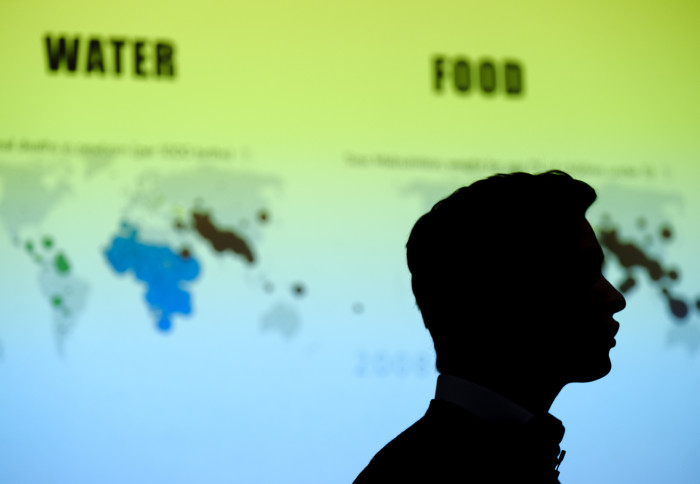Health Innovation Prize 2022: Meet the finalists
by Meesha Patel

Five finalists for the prestigious Health Innovation Prize, hosted by the Institute of Global Health Innovation (IGHI) have made it to the last round.
The annual event offers students from any UK university the chance to win £10,000 towards their global health innovation. Applications for this year have closed, and the shortlisting panel have narrowed down the competition to the final five projects that demonstrate the greatest promise to positively impact global health.
The candidates will present a lighting pitch to an expert panel of judges in a live online event on Tuesday 22nd March at 5 pm to decide the winner. Register now for a free ticket and help us decide who wins the Audience Choice Award.
This year the judging panel are Dr Richard Smith, IGHI Visiting Professor and former Editor and Chief Executive of the BMJ, Dr Mary Ryan, Interim Vice-Provost (Research and Enterprise) and Professor of Materials Science and Nanotechnology at Imperial College London, and Dr Ana Luisa Neves, Associate Director of IGHI’s Patient Safety Translational Research Centre (PSTRC) and Advanced Research Fellow.
So, who will take home the prize? Meet our five finalists:
Carbon Systems
Lewis Keeble, a PhD student in the Department of Electrical and Electronic Engineering within the Faculty of Engineering at Imperial, is behind Carbon Systems, a microchip for rapid DNA-based diagnostic testing for infection. The chips use 3D carbon electrodes that can carry out sample preparation such as extraction, purification and concentration.
He hopes to create this microchip to allow tests to be carried out away from the lab bench and into the hands of non-specialists. By removing the need for equipment and trained clinicians, he aims to increase testing accessibility across global health systems.

CogniX
Fourth year Imperial medicine students Nishita Gadi, Surina Mittal, Emmanuel Oluwatinmise and Chibueze Chidi-Egeolu hope that CogniX, a games app, will be able to screen patients for signs of dementia.
Dementia affects more than 55 million people worldwide with almost 41 million cases globally undiagnosed. They believe this app will save clinicians both time and resources and allow dementia screening to be conducted remotely in the NHS and globally.
NOAHAnalytics
Sigourney Waibel, brain sciences PhD student at the Faculty of Medicine at Imperial, with Qamar El Kotob and Chaiyawan Auepanwiriyakul from Imperial's Department of Computing, are using smart sensors and AI to measure people’s movements for use in hospitals and clinical trials.
Their technology could provide a low-cost system to allow clinicians to quantify motor behaviour of patients using smart technology which they believe is more reliable than existing assessments. Detecting changes in movement early could help improve patient health by enabling faster intervention and treatment.

SafeSight
Ben Clare, third year medical student at Imperial, aims to improve the detection of diabetes-related blindness using smart phone cameras to image the retina.
Diabetes-related blindness is one of the leading causes of preventable blindness in working age adults worldwide and he hopes that by using artificial intelligence software, SafeSight will be able to provide accessible, remote, and low-cost diagnosis.
Sukoon Care
Hansa Shree, department of chemistry student at the University of Oxford, with her team Jeannine Coelho and Akhilesh Sivaraman want to make cardiac rehabilitation more accessible and affordable in lower income countries. Cardiac rehabilitation is a programme of exercise and information sessions to help people get back to as full a life as possible after a cardiac event such as a heart attack, heart surgery or procedure
Their text-based app will help patients arrange home visits and sessions with a nurse who is guided by the app to tailor the programme to the patient’s needs. Cardiovascular disease is a major concern in countries like Pakistan, so Sukoon care hope their innovation will provide a simple solution to make rehabilitation more convenient and accessible.

Join the virtual final event where the winner will be chosen on the 22 March at 5 pm. Register for free now.
Article text (excluding photos or graphics) © Imperial College London.
Photos and graphics subject to third party copyright used with permission or © Imperial College London.
Reporter
Meesha Patel
Faculty of Medicine Centre